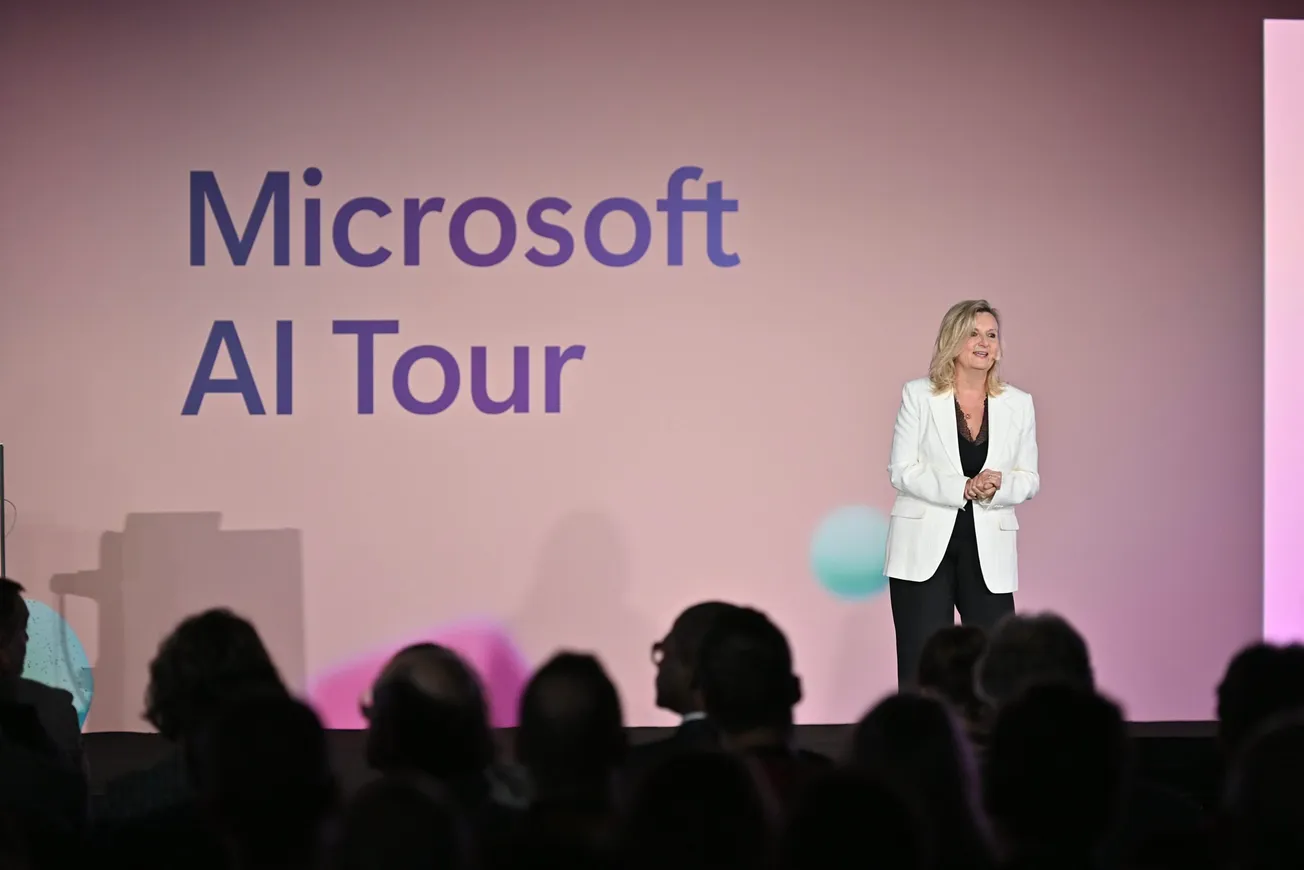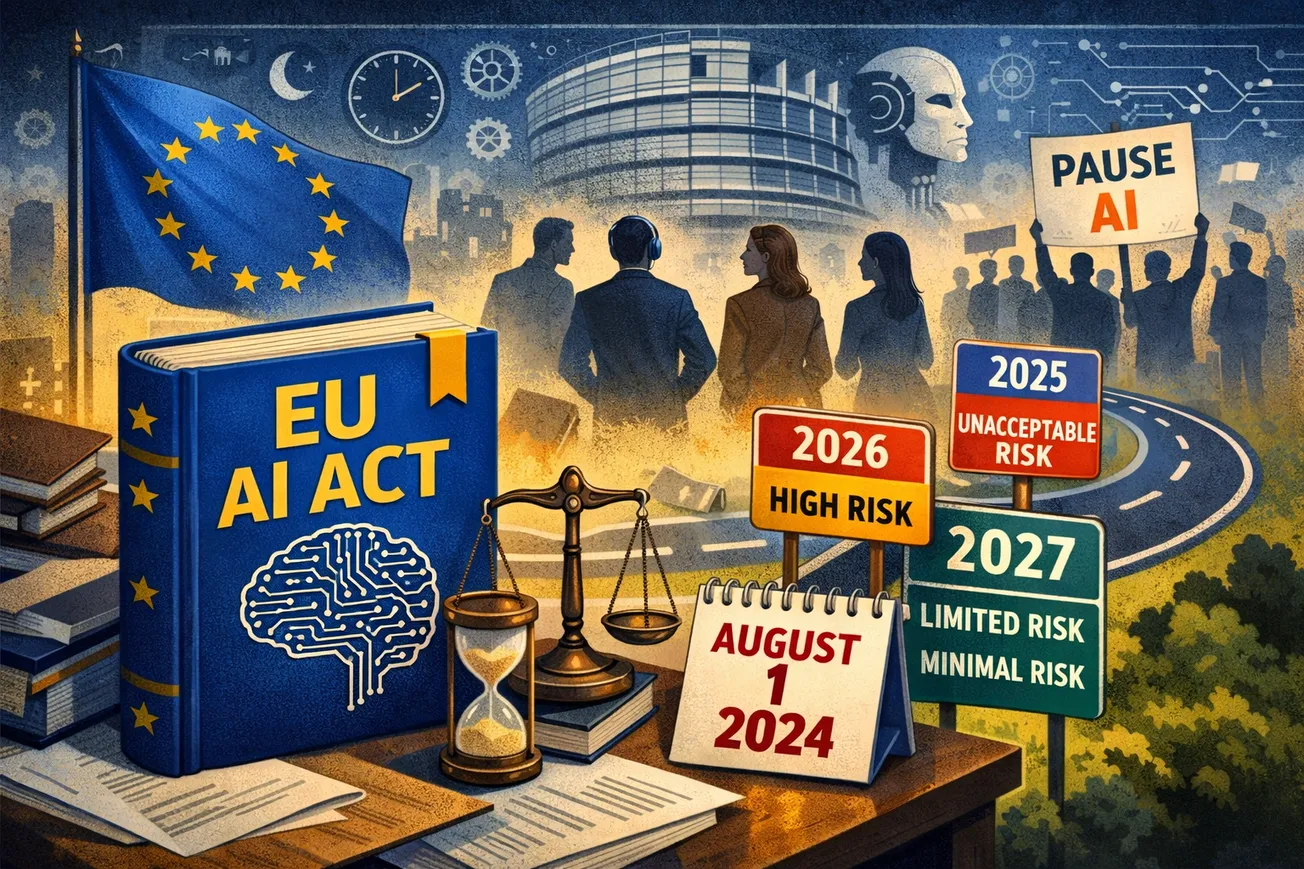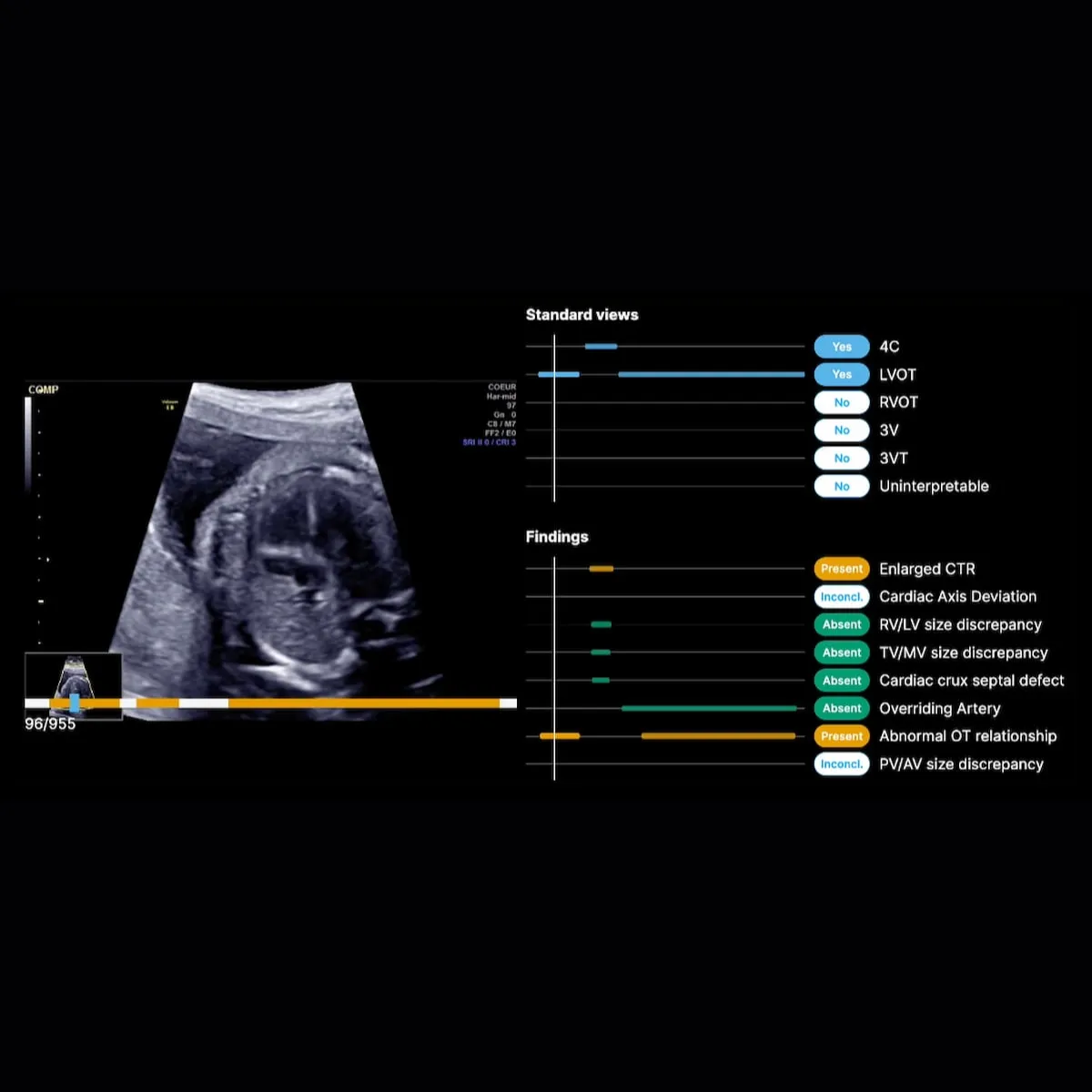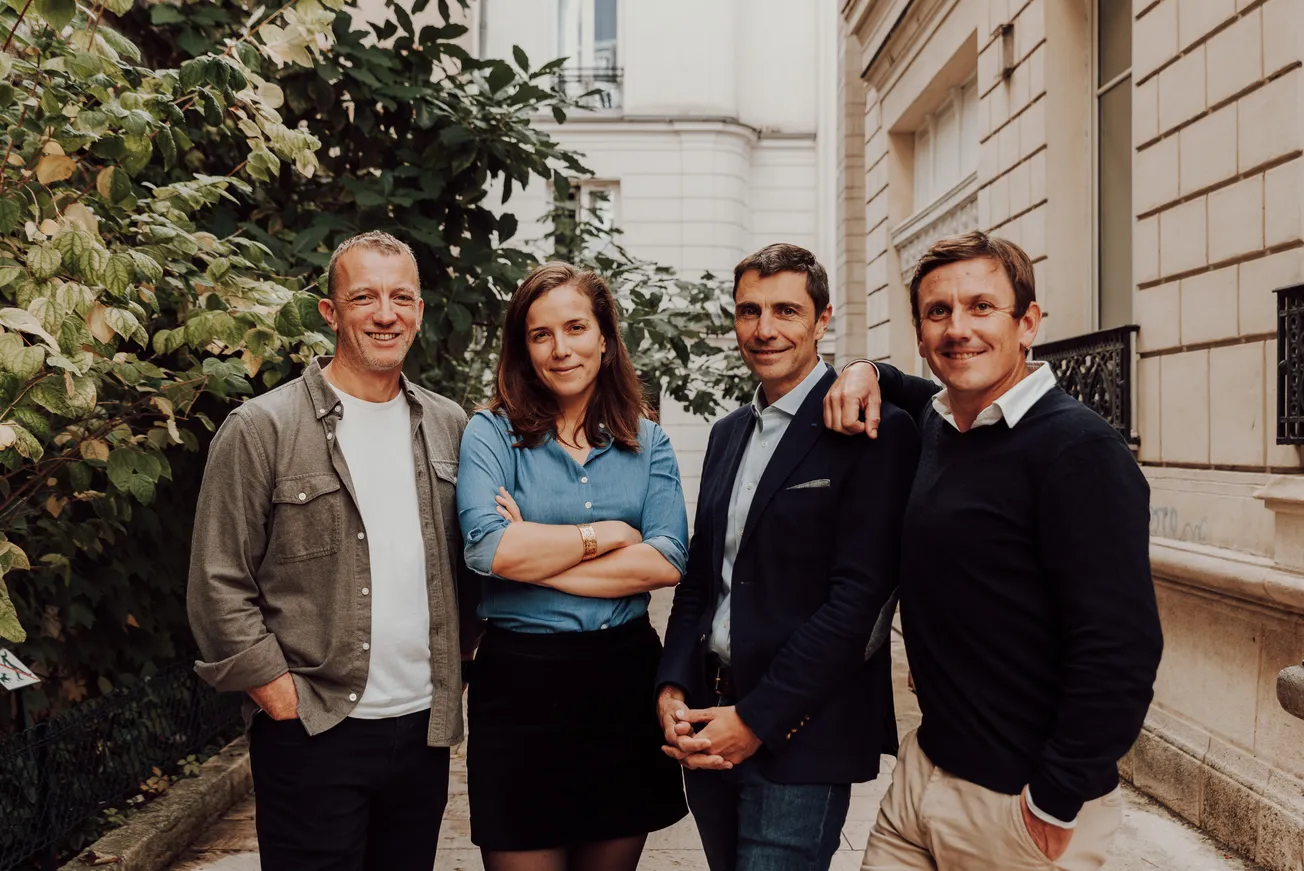AI — Deep Dives
Microsoft Stakes €4B Claim To Lead France's AI Transformation
The tech giant is going all-in on France’s AI future, pledging to train a million citizens, back 2,500 startups, and spread innovation beyond Paris. In a report released this week, the company highlighted partnerships, from Mistral to Danone, to demonstrate its commitment to France's AI ambitions.







